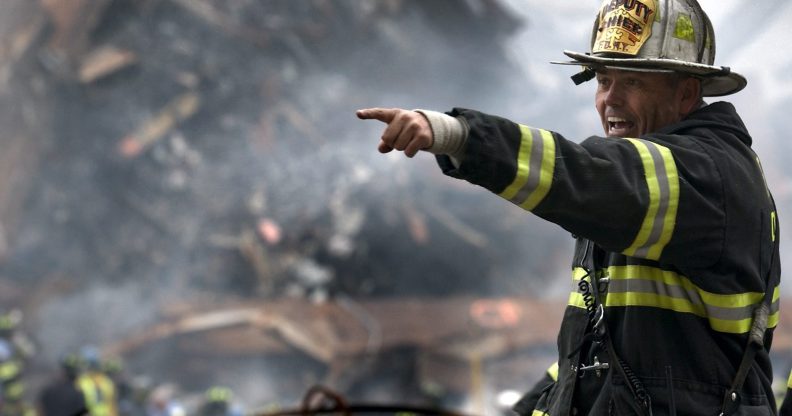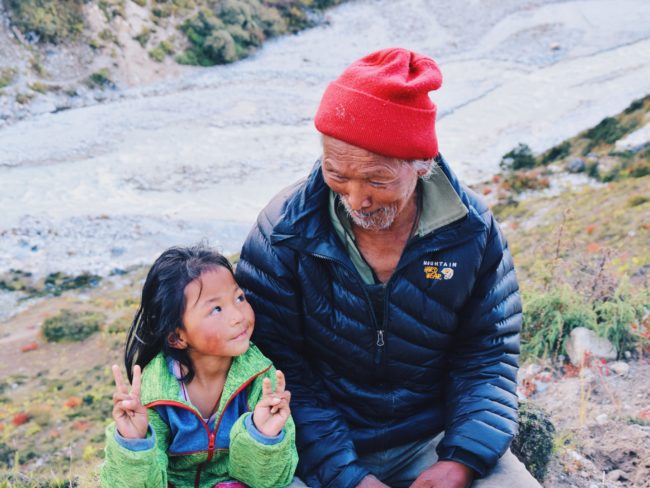A lack of data is putting LGBT+ people at risk in disaster zones

A lack of data is affecting the way LGBT people are affected in disaster areas, say leading academics on the area.
A group of United Nations Development Programme’s wisest minds met on Wednesday to discuss how support is struggling to reach LGBT and women and children due to the fact that although LGBT people and women are worst affected “but what is missing is the hard evidence of how they’re being affected”.
Sunil Pant, a Nepalese activist, said LGBT people are often denied funding and support in disaster zones as they do not meet the “traditional husband and wife setup.”
said to the Thomson Reuters Foundation.

“I’ve seen Nepalese authorities refuse to certify that the houses of two transgender people that had been destroyed in the 2015 earthquake needed to be rebuilt,” he told the audience,” said Pant to the Thomson Reuters Foundation.
“LGBT people in shock-prone countries like Nepal, India and Haiti have zero information on disasters. They’ve never taken part in earthquake drills and have no idea who to contact in case of an emergency,” he added.
Women are also said to be disadvantaged, said the panel.

Processed with VSCO with hb2 preset
The discussion was held at University College London’s new Centre for Gender and Disaster, which will explore other issues facing LGBT people and women in disaster areas.
A recent academic report by the Journal of GLBT Studies said that this effect on LGBT communities became prevalent in Japan after the 2011 earthquake disaster.
The pre-disaster discrimination and fears of discrimination and repression among LGBT people have hampered their recovery since, said Azusa Yamashita, Christopher Gomez & Kelly Dombroski.

